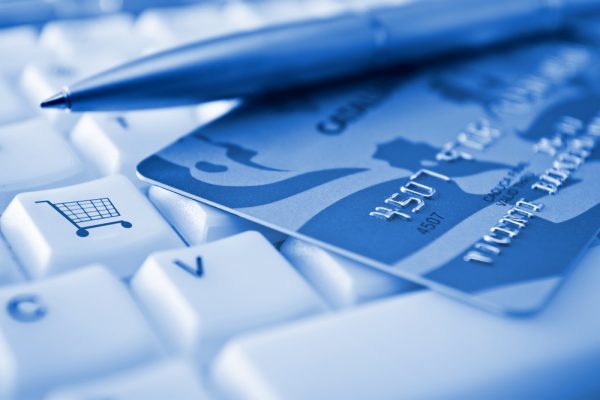How Open Banking could make online transactions safer [Q&A]

We recently reported on how formjacking has become a popular and lucrative form of online fraud. It’s difficult for the consumer to detect which makes it a particular hazard.
But in the UK the new Open Banking standard, aimed at making it easier for consumers to share financial data across organizations, could make formjacking and other frauds obsolete. We spoke to Luca Martinetti, CTO and co-founder of financial API provider TrueLayer to find out more
BN: Isn't open banking just aimed at increasing competition in the banking sector?
LM: Open Banking is about much more than simply increasing competition. Fundamentally, it is about disrupting the financial sector in the same way that innovative technology has changed retail, travel and a host of other industries. This disruption has led to new and better services and a substantial reduction in costs. While it remains to be seen whether Open Banking will result in such far reaching changes, it certainly has created an environment where companies can innovate in ways that were not possible before.
It is important to think of Open Banking as also enabling fintech companies to tackle problems that traditional financial institutions have struggled with. One major problem is the prevalence of online fraud. Open Banking enables a more secure way of paying online and from mobile thanks to Strong Customer Authentication.
BN: How is this linked to PSD2?
LM: It is often said that PSD2 (Payment Service Directive 2) is the EU equivalent of the UK’s Open Banking regulations. That’s not entirely accurate. Both sets of regulations do have the same aim -- to significantly increase innovation and competition within financial services -- however, there are significant differences related to their scope and approach. It is also important to note that PSD2 applies in addition to Open Banking regulations in the UK.
BN: What is Payment Initiation?
LM: In a nutshell it is an alternative to paying online using a credit or debit card. Instead of entering your card details when you wish to pay for something, businesses can give you an option to pay directly from your bank account via online banking. This may not sound like a big difference, however, it creates a range of significant benefits. The biggest of which is related to security. As the payment is made via your online banking the risk of fraud is dramatically reduced. It is also much cheaper and faster for businesses to process payments. We have launched one of the first APIs that enables Payments Initiation.
BN: Who can become a Payment Initiation provider?
LM: Payment Initiation Service Providers (PISPs) are regulated by the FCA (Financial Conduct Authority) in the UK. To become one a company needs to meet stringent security and governance procedures -- a process that can take several months. However, this need not be a hurdle to adoption of Payment Initiation because businesses can simply use the APIs provided by a PISP to offer Payment Initiation to their customers or clients. TrueLayer became one of the first PISPs and Account Information Service Providers in the UK under PSD2.
BN: What safeguards are in place for the consumer?
LM: Security is a critical element of Open Banking and PSD2. Without the trust of consumers Open Banking simply won’t work. That's why the whole initiative is underpinned by strict security provisions. For Payment Initiation it is important to remember that the business that you are paying has no access to your financial data. For a company like TrueLayer which helps to enable the payment, everything is encrypted and nothing sensitive is stored. The payment relationship is effectively limited to you and your bank.
BN: Will we see online card payments becoming obsolete?
LM: I don’t think we'll ever get to the situation where card payments become obsolete, but they certainly will lose market share over the long term. It will take a little while for Payment Initiation to gain mass market adoption. However, because the benefits it confers related to the speed, cost and security of transactions are markedly better than card payments in many instances, it really is only a matter of time before it becomes a big part of the payments economy.
You only need to look at how quickly we've transitioned from cash and cheques, to chip and PIN, to contactless and now to mobile apps to realize how flexible we are with payments. Indeed, the fact that the idea of using your phone as a wallet seems unremarkable to many people is a clear indication that moving on from credit and debit cards is not going to be a huge leap. Many card providers are likely to embrace Payments Initiation and focus on value added services. Which is again one of the purposes of Open Banking - to spur innovation to increase consumer choice.
Image credit: zothen/depositphotos.com